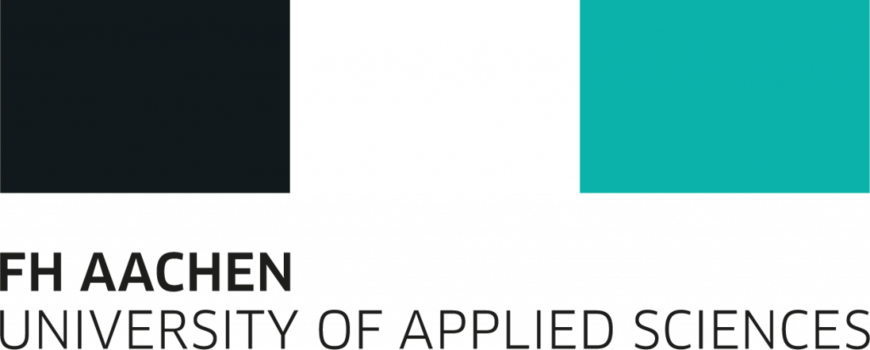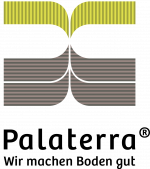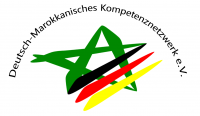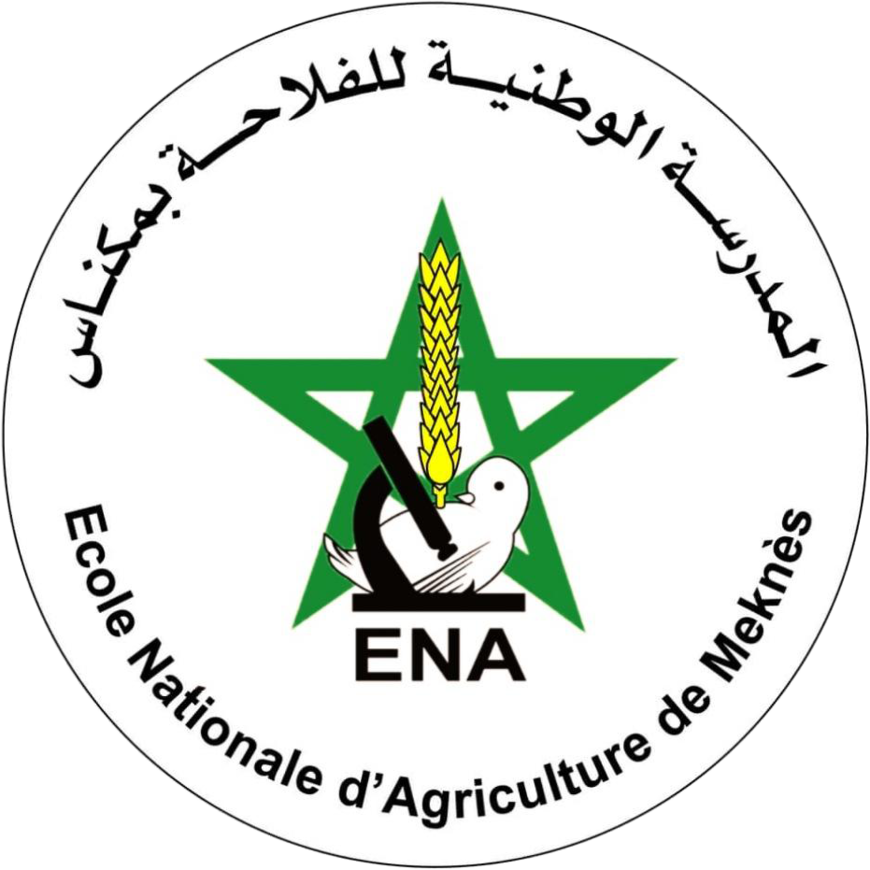I-WALAMAR Sustainable Transformations in rural Morocco
Status
closed
Topics
- Violent Environments and Infrastructures
The Moroccan agriculture is in transformation and is experiencing intensification and commercialization, which, in addition to social and economic impacts, has significant impacts on soil and water resources in key growing areas such as the Fès-Meknès region (FMR). Climate change is triggering additional stress on water and land resources.
A consortium of four Germany research institutes and five commercial enterprises, led by Research Institute for Water and Waste Management at RWTH Aachen (FiW) came together with Moroccan partners under the coordination of the Universitè Moulay Ismael to carry out innovative research on practical solutions for local land, water and resource management, the re-use of scarce resources, the preservation of ecosystem services, the restoration of heavily degraded soils and an optimization of cultivation practices in the FMR.
The collaborative project "Sustainable Technologies and Services for Water and Land Management in Morocco (I-WALAMAR)" aimed to identify potential uses for peasants and agricultural companies and to advise political decision-makers, private companies and other users on their feasibility in the sense of sustainable rural development.
BICC's subproject "Sustainable transformations in rural Morocco" aimed to capture and evaluate the socio-economic sustainability and potential risks of transformation processes in rural Morocco that are induced by innovative agricultural practices and new technologies. Our specific work goals were:
- Analysis of the socio-economic transformations in the FMR, taking into account changing livelihoods and market structures, rural-urban migration, and new strategies and technologies for water and land management;
- GIS and satellite-based documentation and quantification of land use change in the FMR;
- Analysis of the acceptance of technical, political and organizational innovations in land use, irrigation and resource management by local users;
- Assessment of local capacities to integrate land use, irrigation and resource management innovations into existing cultivation practices and related conflict risks and sustainability potentials.
BICC worked closely together with scientists from the Université Moulay Ismail, in particular from the Institute of Sociology, as well as from the École nationale d'agriculture de Meknès to carry out the project.
Websites
Project Website: I-Walamar
Project presentation on the BMBF Client II website: IWALAMAR
You Tube: CLIENT II - Regional video MENA
Project Team
Partner
-
Research Institute for Water Management and Climate Future at RWTH Aachen University

-
Institute for Agricultural Engineering in the Tropics and Subtropics (UHOH)

-
Institute for Applied Polymer Chemistry, FH Aachen (IAP)

-
SEBA Hydrometrie GmbH & Co. KG

-
InnoAgri GmbH

-
Palaterra Operating and Investment Company mbH

-
German-Moroccan Competence Network (DMK)

-
Université Moulay Ismail, Meknès

-
École nationale d'agriculture de Meknès

-
IAV Institut Agronomique et Véterinaier Hassan II, Rabat

-
Régie Autonome de Distribution Eau et Electricité Meknès (RADEM)

-
Agence du Bassin Hydraulique de Sebou (ABH Sebou), Fèz

-
OLEAFOOD Meknès

Funder
-
BMBF - Bundesministerium für Bildung und Forschung

Duration of project
July 2019 - December 2022



